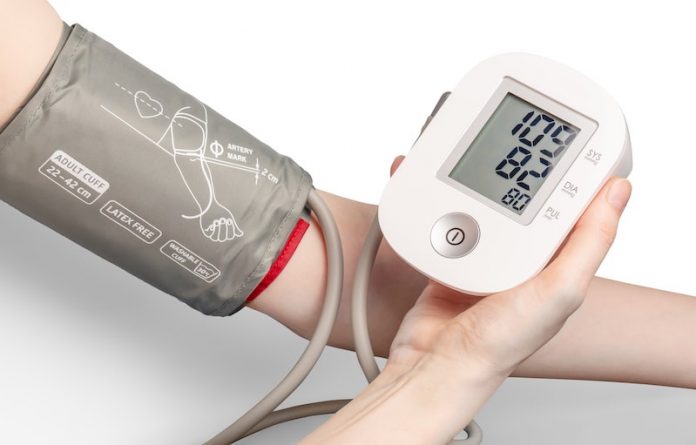
Scientists from Wake Forest found that aggressive lowering of blood pressure in people with high blood pressure reduced the risk of left ventricular hypertrophy (LVH).
In this condition, the enlargement, and thickening of the walls of the heart’s main pumping chamber is the most common complication of high blood pressure and dramatically increases the risk of developing heart disease.
The research is published in the journal Circulation and was conducted by Elsayed z. Soliman et al.
In the study, the team aimed to determine if lowering blood pressure below what is recommended would lead to more benefits to the heart muscle in terms of thickening (hypertrophy).
They examined 8,164 participants from the National Institutes of Health’s Systolic Blood Pressure Intervention (SPRINT) trial, which included patients with hypertension but not diabetes.
Participants were assigned to the intensive blood pressure lowering group or the standard treatment group.
The team showed that lowering systolic blood pressure to less than120 mmHg compared to the standard recommendation of 140 mmHg prevented the development of new LVH in those without it and caused regression of LVH in those who already had it.
The team thought that reducing heart muscle thickening would correlate with fewer heart incidents linked to the intensive lowering of high blood pressure, but surprisingly that was not the case.
These findings provide further evidence of the benefits of intensive blood pressure lowering in patients with hypertension. They suggest that these benefits go beyond reducing the pressure and stress on the heart structure.
If you care about blood pressure, please read studies that blood pressure swings could be an early sign of heart disease, and beetroot may protect against high blood pressure.
For more information about blood pressure, please see recent studies that many people with high blood pressure use drugs that worsen it, and results showing sometimes, the best treatment for high blood pressure is to wait.
Copyright © 2022 Knowridge Science Report. All rights reserved.



